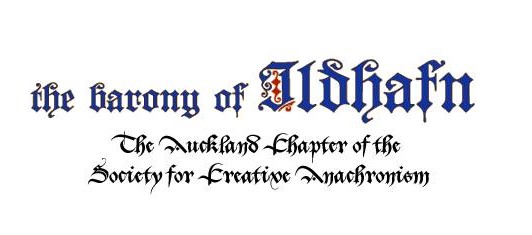Date:
Late 16th century
Description:
Laudate Nomen Domini is a short, joyful Latin motet attributed to Christopher Tye, composed in a simple and elegant polyphonic style. The piece is a setting of Psalm 112:1 (from the Vulgate), and the text translates as “Praise the name of the Lord, you servants of the Lord.” It is frequently used in choral settings, especially within Anglican and academic choral traditions.
Discussion:
The piece is sometimes presented as a Latin motet but is often performed in English translation, especially in British cathedrals and colleges. It exemplifies the clear, imitative polyphony of the English Renaissance and works well for small choirs. Despite its brevity, it provides excellent material for training blend, phrasing, and Latin diction.
Composer:
Christopher Tye (attrib.)
Arranged by:
Arrangements exist for SATB voices, with some simplified versions for school or youth choirs.
Sheet Music:
Widely available in choral anthologies and early music collections.
The arrangement we use is in the Big Lochac Snogbook, page 42, or here as a pdf, or musescore file.
Parts:
Four voices (SATB)
Type:
Renaissance sacred motet
Language:
Latin
Ranges:
Moderate ranges in all parts; suitable for beginner to intermediate singers
Advice for beginners:
Focus on clear enunciation of the Latin text and on smooth phrasing between voice entries. The imitative entrances mean listening across the ensemble is key. Pay attention to tuning and balance, particularly in the overlapping cadences.
Sound Files:
Here are some sound files for reference. All parts, soprano, alto, tenor, bass
